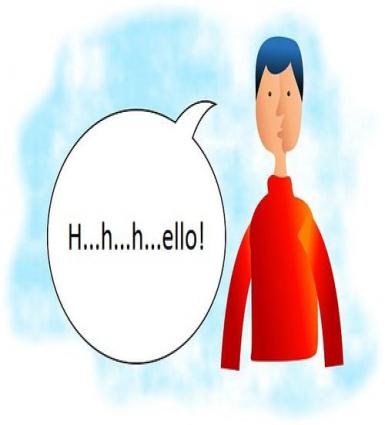- Home
- STAMMERING
We all have times when we do not speak smoothly. We may add "uh" or "you know" to what we say. Or, we may say a sound or word more than once. These are called Disfluencies.
People who stutter may have more disfluencies and different types of disfluencies. They may repeat parts of words (repetitions), stretch a sound out for a long time (prolongations), or have a hard time getting a word out (blocks).
Stuttering is more than just disfluencies. Stuttering also may include tension and negative feelings about talking. It may get in the way of how you talk to others. You may want to hide your stuttering. So, you may avoid certain words or situations. For example, you may not want to talk on the phone if that makes you stutter more.
Stuttering can change from day to day. You may have times when you are fluent and times when you stutter more. Stress or excitement can lead to more stuttering.
Talking to people can be hard if you stutter. You may get stuck on certain words or sounds. You may feel tense or uncomfortable. You might change words to avoid stuttering.

